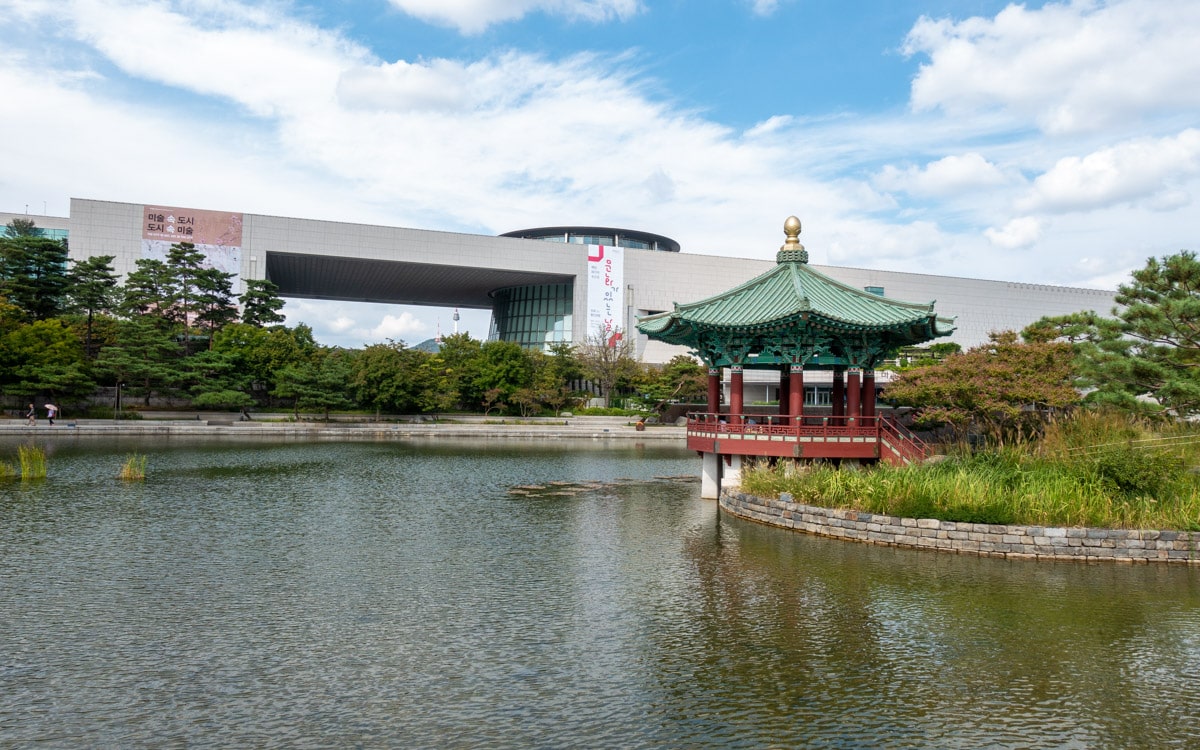
The National Museum of Korea is the largest museum in Korea. It showcases important cultural assets of Korea from prehistoric times through modern day. The museum opened on October 28, 2005 on the grounds of Yongsan Family Park.
Many of the pieces found at the National Museum Of Korea today were first located at the Imperial Household Museum at Changgyeonggung Palace. This museum was established in 1909 by Emperor Sunjong.
During the Korean War, many of the museum’s pieces were relocated south to Busan for safety purposes. After the war, the pieces were returned to locations at Gyeongbokgung Palace and Deoksugung Palace.
On July 19, 1972, the National Museum of Korea was established in a new building on the grounds of Gyeongbokgung. It was moved again in 1986 to the Japanese General Government Building near
It contains over 310,000 pieces of which 15,000 are on display at any given time. The size of the building is 295,500 square meters (3.1 million square feet) making it the sixth largest museum in the world. As of June 2012, there are 67 national treasures, 131 general treasures, and 4 folklore assets housed here.
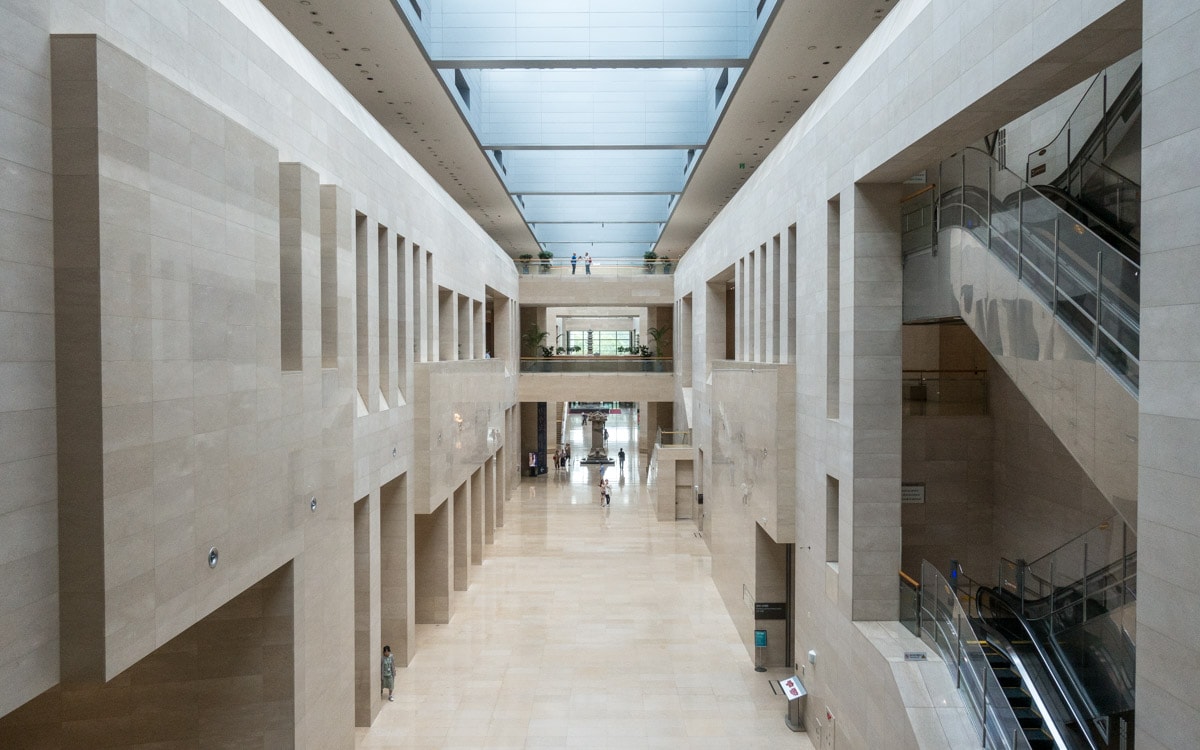
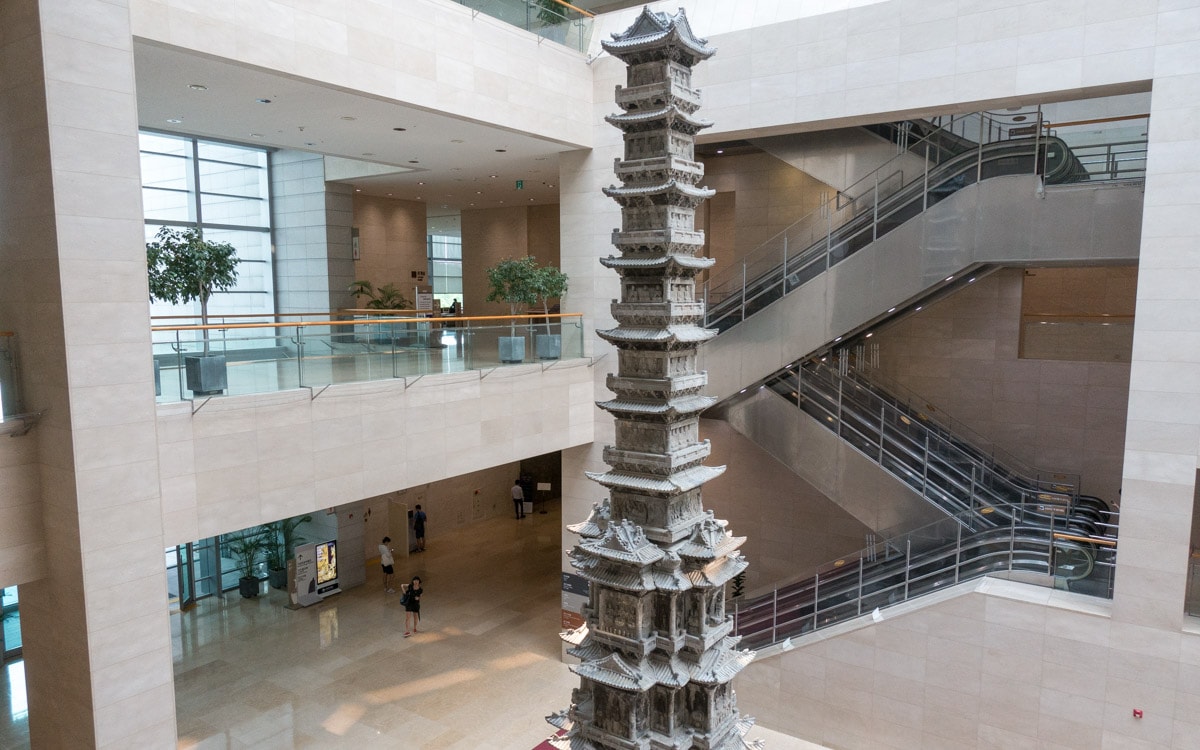
Level 1F
Prehistory and Ancient History : Korean culture and development from prehistoric times through the Unified Silla period (668–935) to Balhae Kingdom (698–926). 10,000 works are on displays through 10 rooms.
Medieval and Early Modern History : 500 works from the Goryeo Dynasty (918–1392) across three rooms and 400 works from the Joseon Dynasty (1392–1897) across five rooms.
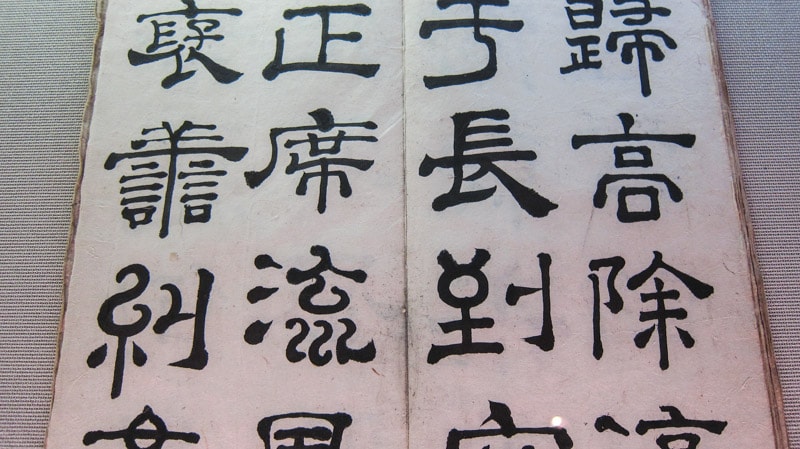
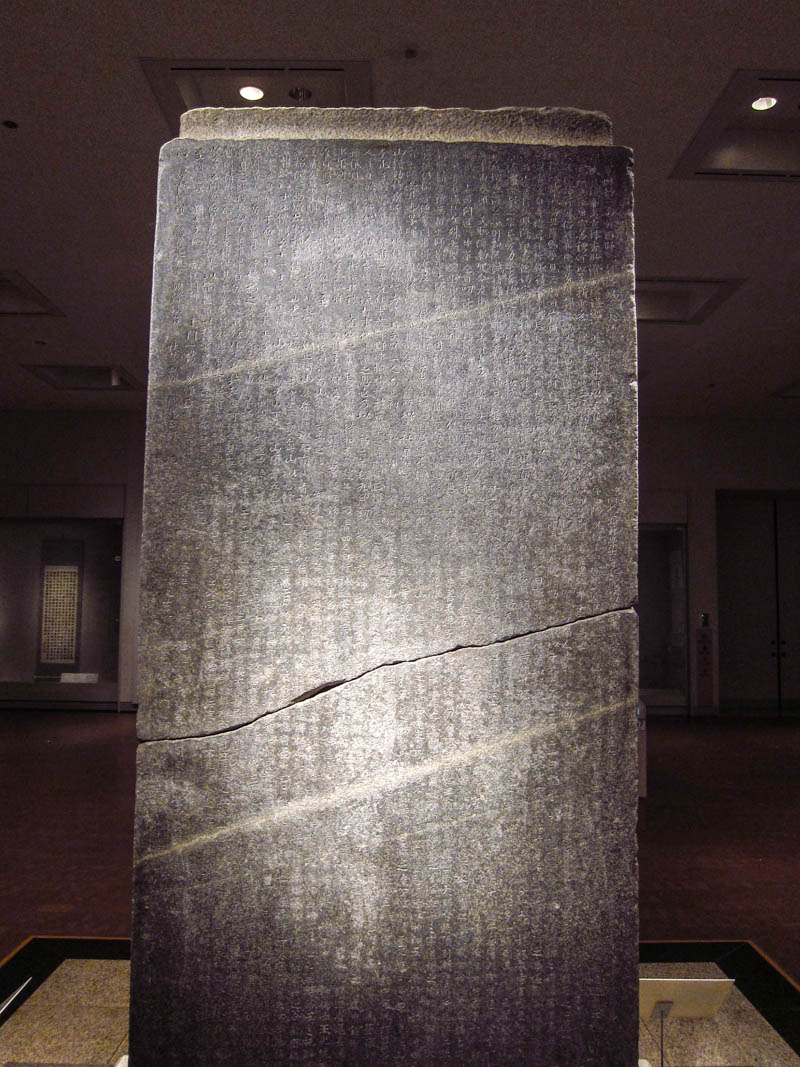
Level 2F
Donated Works : Over 800 donated pieces across eleven rooms. Pieces are from various benefactors from around the world.
Calligraphy and Painting : 800 works of Korean traditional paintings, Buddhist paintings, and calligraphy across four rooms.
Level 3F
Asian Art : Five rooms with 970 pieces of art and relics that represent unique aspects of the culture of Asia. Rooms include India and Southeast Asia, Central Asia, China, Japan, and a shipwreck collection.
Sculpture and Crafts : Buddhist sculptures, metal arts, and ceramics including Pensive Bodhisattva, national treasures number 78 and 83.
Table of Contents
National Museum Of Korea Hours
Tuesday, Thursday, Friday : 9:00-18:00Wednesday, Saturday, Sunday : 9:00-19:00
Ticket office closes 1 hour before closing time.
Admission
Free, except for special exhibits.How to get to National Museum Of Korea
Take Subway Line 4 or Jungang Line to Ichon Station. There is a direct connection to the museum before you go up the escalators near exit 2.Map
Additional Resources
Book Recommendation: Fodor’s Seoul
While The Seoul Guide provides plenty of information about traveling to Seoul, sometimes it helps to bring a book with you on your journey. Want to visit Gwangjang Market, hike Bukhansan National Park, visit an ancient palace, or sing karaoke all night long? The book I always recommend is Fodor's Seoul, which provides expert recommendations including sights to see, restaurant reviews, maps, and essential trip-planning information for everything related to Seoul.
Learn more about Fodor's Seoul
Rakuten
Save money while exploring Seoul with Rakuten's cashback program. By booking hotels through Rakuten, visitors can earn cashback rewards and enjoy significant savings. Exclusive partnerships and deals make stays in Seoul more affordable, freeing up funds for attractions, dining, and other experiences. I use Rakuten for cashback on all of my hotel stays in Seoul.
If you sign up using the link below, you will get $30 cashback after your first purchase over $30.
Klook
Klook is a reliable online platform offering discounted tickets and reservations for attractions and services in Seoul. It covers theme parks, museums, transportation, WiFi, tours, and more. Travelers can save time and money by booking through Klook's user-friendly interface, with secure transactions and helpful customer support.
If you sign up using the link below, you will get $5 off your first order.
Learn more about KlookLast Updated on Oct 31, 2021